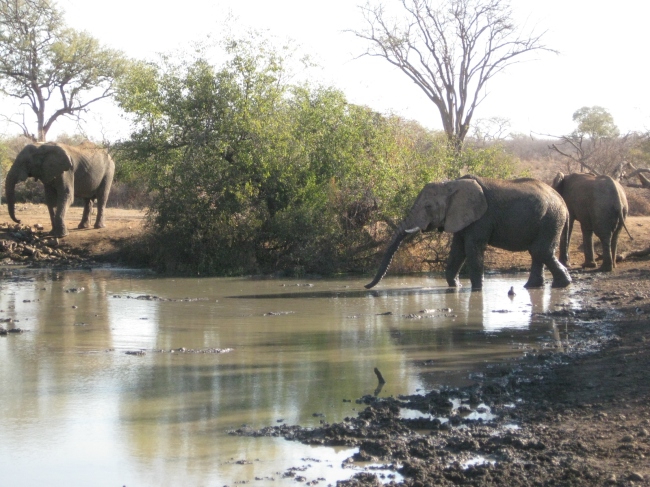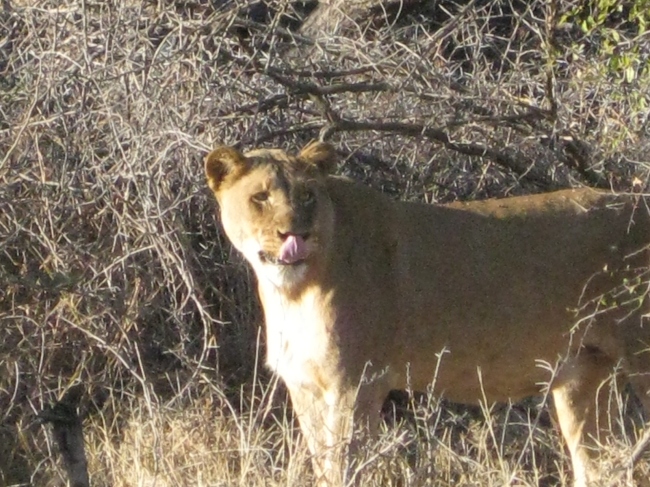Tourist Guide Needed is South-Africa
We Afrikaya need a Tourist Guide in South-Africa.
He or She must be registered for the following provinces in South Africa:
Mpumulanga, Kwazulu-Natal, Gauteng
Travel to Mozambique and Swaziland
All necessary documents needed and send to:
bookings@afrikayaleisuretravel.com
Available from:
3 oktober 2014 – 14 days (MP and KZN) Swaziland and Mozmabique. Drop-off Vallinculos (Mozambique)
Contact: Wynand Meyer +27 72 140 8109
Warsaw, Poland
New bush accommodation!
Cape Town?
Cape Town?
On Cape Town’s Atlantic seaboard, wide sandy stretches, dramatic views and blazing sunsets make up for the bracing sea temperatures that these beaches of Cape Town are known for. While the water might be chilly, Clifton’s 4 beaches are among Cape Town’s most popular, attracting a trendier set that like to sunbathe, play volleyball and hang out with friends.
Nearby Camps Bay beach is a Cape Town weekend favourite, edged by trendy eateries and characterised by large crowds. A little further on you’ll find Llandudno, a surfers’ paradise rimmed by some of the city’s most expensive real estate, and Sandy Bay, where not even a swimming costume is required.
The warmer Indian Ocean waters of the False Bay seaboard are better suited to swimming. Best known among these beaches is Muizenberg, where multi-coloured Victorian-style beach boxes hark back to a more genteel time.
There are some good Cape Town beaches in nearby Simon’s Town, one of the oldest Cape settlements with a strong naval tradition, reflected in the number of naval museums and monuments in the town.
When the wind is up at the beaches in Cape Town, people head to Boulders Beach, which is sheltered by large, rounded rocks and is home to a protected colony of endangered African penguins.
Other popular Cape Town beaches are Noordhoek Beach, which is good for long walks and popular with surfers and kite fliers; Kommetjie Beach, another popular surfers’ hangout; and Bloubergstrand, which offers the famous view of Table Mountain across the bay.
What IF!! Tell us what your wishes is through Africa and why?
Time Running out to Save Elephants from Ivory Trade
Time Running out to Save Elephants from Ivory Trade
The new wave of killing of elephants in Africa is in many ways far graver than the crisis of the 1970s and 80s. Firstly there are fewer elephants, and secondly the demand for ivory is far higher. Record ivory prices in the Far East are fueling poachers, organised crime and political instability right across the African elephant range. And the situation shows no sign of calming.


